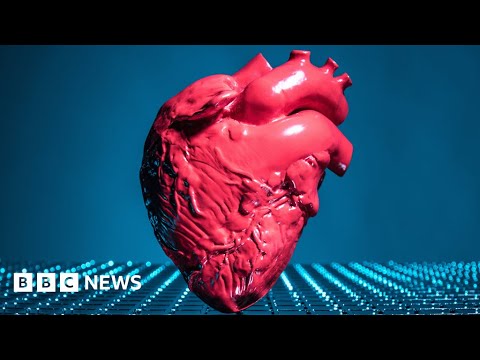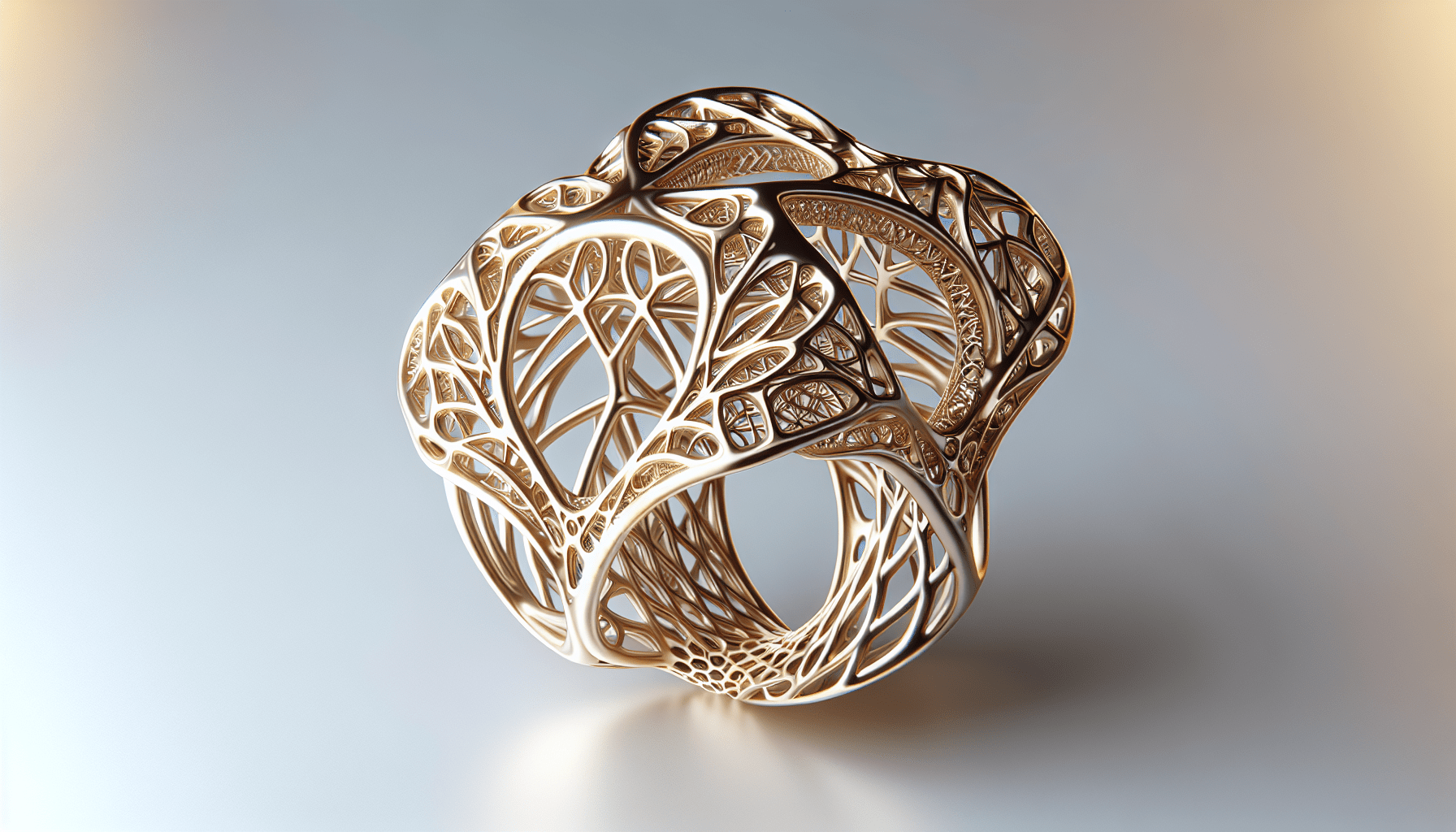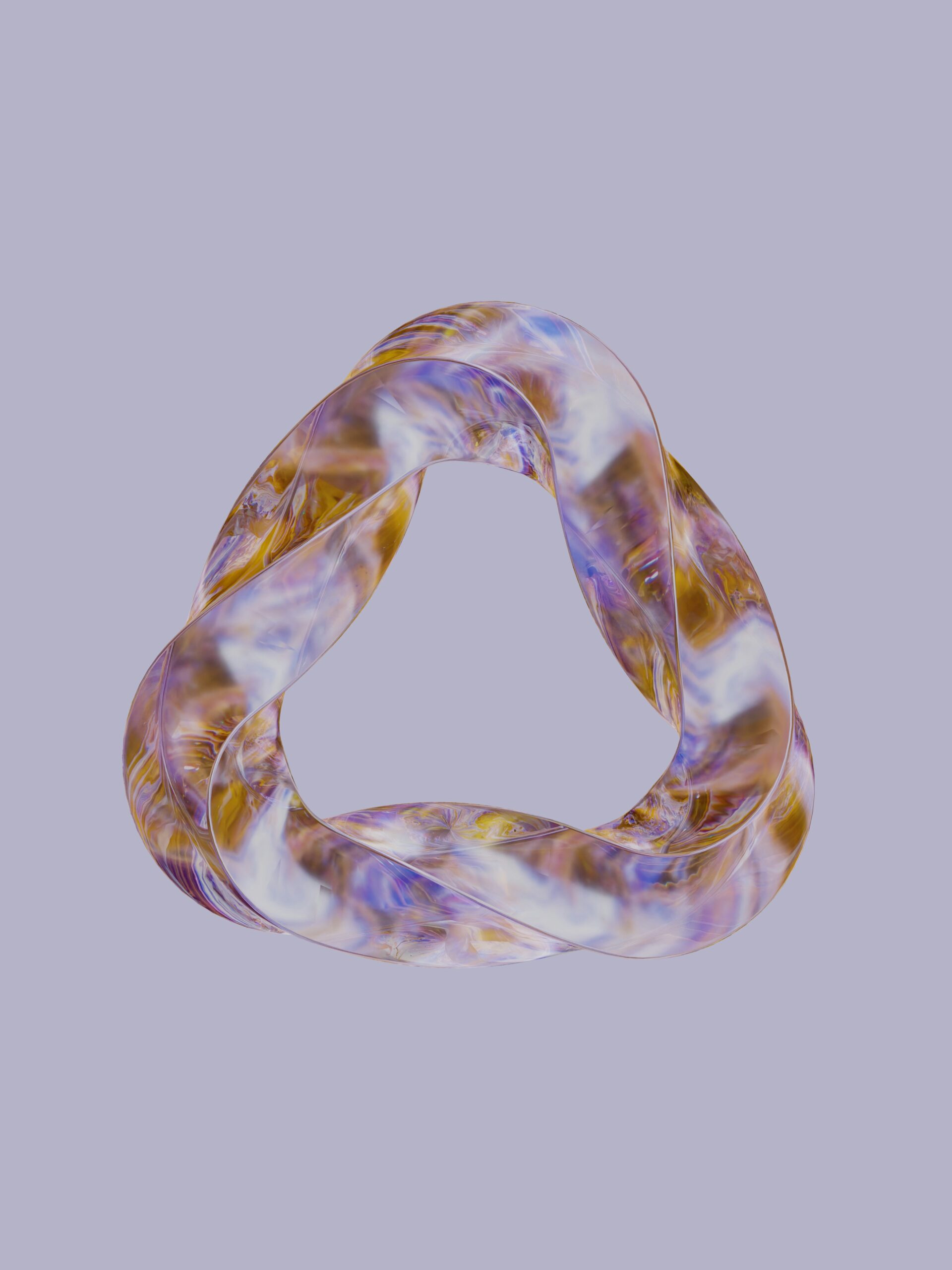FLASHFORGE 3D Printer AD5M, CoreXY 600mm/s High-Speed Printer with 1-Click Auto Leveling, High-Temp Direct Drive Extruder, 3s Quick-Swap Nozzle, 220×220×220mm Build Volume
$259.00 (as of June 19, 2025 23:45 GMT +00:00 - More infoProduct prices and availability are accurate as of the date/time indicated and are subject to change. Any price and availability information displayed on [relevant Amazon Site(s), as applicable] at the time of purchase will apply to the purchase of this product.)Ricoh USA has unveiled the RCOH 3D for Healthcare Innovation Studio at Atrium Health Wake Forest Baptist in North Carolina, advancing point-of-care additive manufacturing. This state-of-the-art facility empowers clinicians with direct access to design, develop, and manufacture FDA-approved, patient-specific anatomic models, significantly enhancing surgical planning and patient education. By partnering with Stratasys, Ricoh leverages cutting-edge 3D printing hardware and materials, achieving notable efficiencies—saving an average of 62 minutes in operating time and $3,720 per case. The studio also improves diagnostics and compliance, while fostering a multidisciplinary approach across various specialties like orthopedics and cardiology. Ricoh plans to establish more such facilities nationwide, aiming to integrate within health systems and ultimately expand their role in medical training and research. Have you ever wondered how technology is transforming healthcare to make procedures more precise and patient-specific? Ricoh USA is taking a significant step toward revolutionizing healthcare with the launch of its new Healthcare Innovation Studio for point-of-care additive manufacturing. This article delves into the details of this groundbreaking initiative, its location, capabilities, benefits, and future plans. Let’s explore how this innovative approach is set to change the landscape of healthcare.
$30 off $400+ Anycubic Products with code AC30OFF
Introduction to Ricoh USA’s Healthcare Innovation Studio
Ricoh USA recently launched the RCOH 3D for Healthcare Innovation Studio, a state-of-the-art facility specializing in point-of-care additive manufacturing. This initiative aims to provide medical professionals with direct access to develop, design, and manufacture patient-specific anatomical models approved by the FDA. The studio is strategically located at Atrium Health Wake Forest Baptist in North Carolina, a hub for medical research and innovation.
Location: North Carolina’s Atrium Health Wake Forest Baptist
Atrium Health Wake Forest Baptist is renowned for its pioneering medical research and treatment facilities. Located in North Carolina, it’s the ideal location for Ricoh USA to launch its Healthcare Innovation Studio. The collaboration provides clinicians and healthcare professionals with easy access to advanced 3D printing technologies.
Capabilities of the RCOH 3D Healthcare Innovation Studio
One of the standout features of the studio is its advanced capabilities. It allows healthcare providers to develop patient-specific anatomical models, which can be used for a variety of applications in medical procedures and diagnostics.
FDA-Approved Patient-Specific Anatomic Models
The studio focuses on producing FDA-approved patient-specific anatomical models. These models are crucial for personalized medical care, ensuring that each patient receives tailored treatment plans.
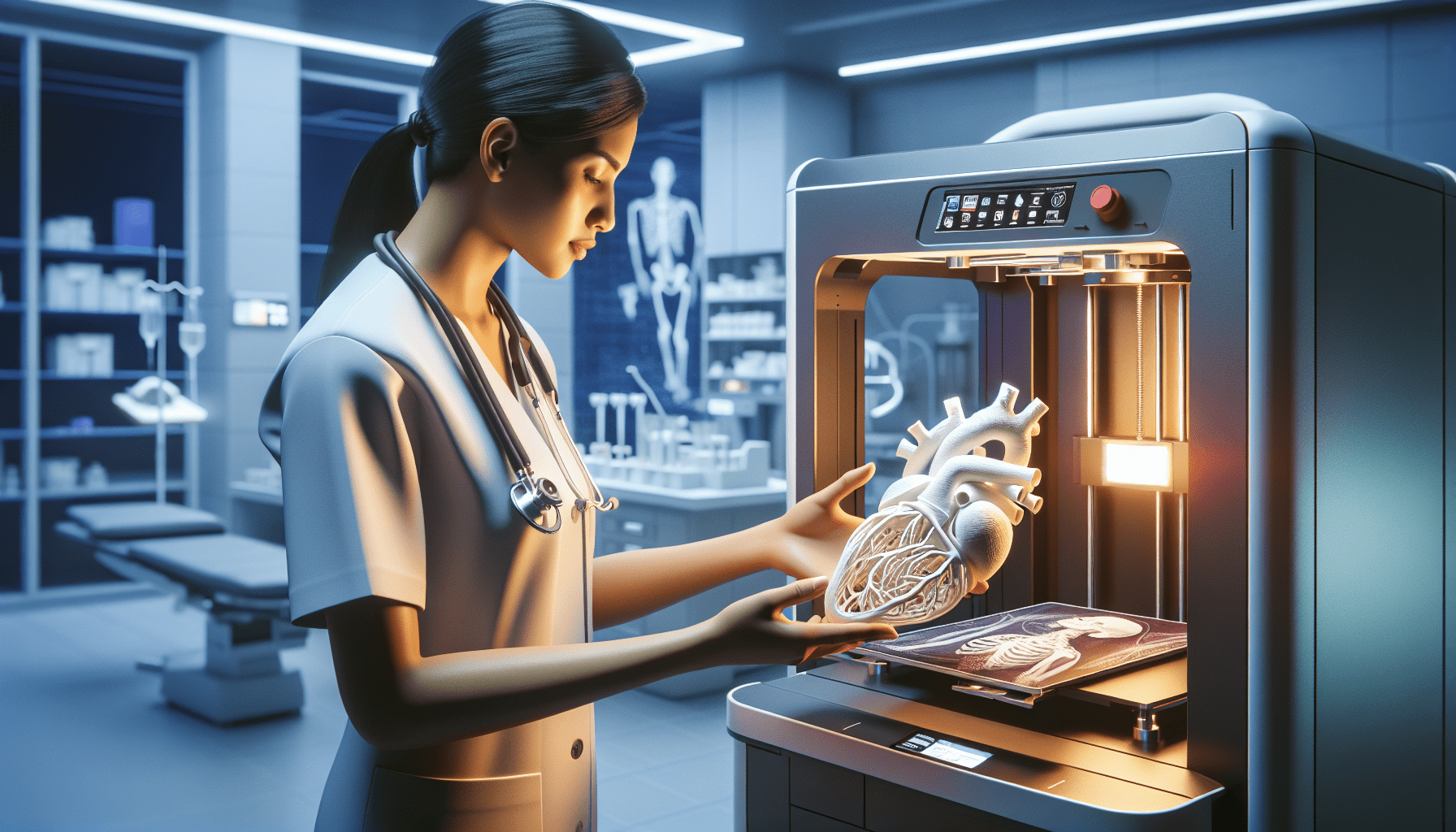
Buy Photon Mono M5 Get Free 1KG Resin
Benefits of Point-of-Care Additive Manufacturing
The benefits of this innovative technology extend far beyond mere convenience. From reducing operating times to cutting down costs per case, the advantages are numerous and impactful.
Operating Time Savings
One of the most significant benefits is the reduction in operating time. On average, surgeries experience a time savings of about 62 minutes. This is crucial not only for enhancing the efficiency of medical procedures but also for improving overall patient outcomes.
Cost Reduction
Point-of-care 3D printing also brings about substantial cost savings. The estimated reduction per case is around $3,720. These savings can be redirected towards other essential areas within healthcare facilities, thereby improving the overall quality of care.
Enhanced Diagnostics and Compliance
The technology also supports enhanced diagnostics and FDA compliance. Accurate 3D models can significantly improve diagnostic capabilities, making it easier for healthcare providers to plan and execute complex procedures. Additionally, having FDA-approved models ensures that the highest standards of medical compliance are met.
Future Plans for Expansion
Ricoh USA isn’t stopping at just one facility. The company aims to expand its network of point-of-care medical device 3D printing facilities across the nation. This vision will bring the benefits of this advanced technology to more healthcare providers and patients.
Nationwide Expansion
Ricoh plans to open more facilities nationwide, bringing the advantages of point-of-care 3D printing closer to various healthcare providers. This expansion will facilitate multidisciplinary collaboration across regions, improving overall medical care standards.
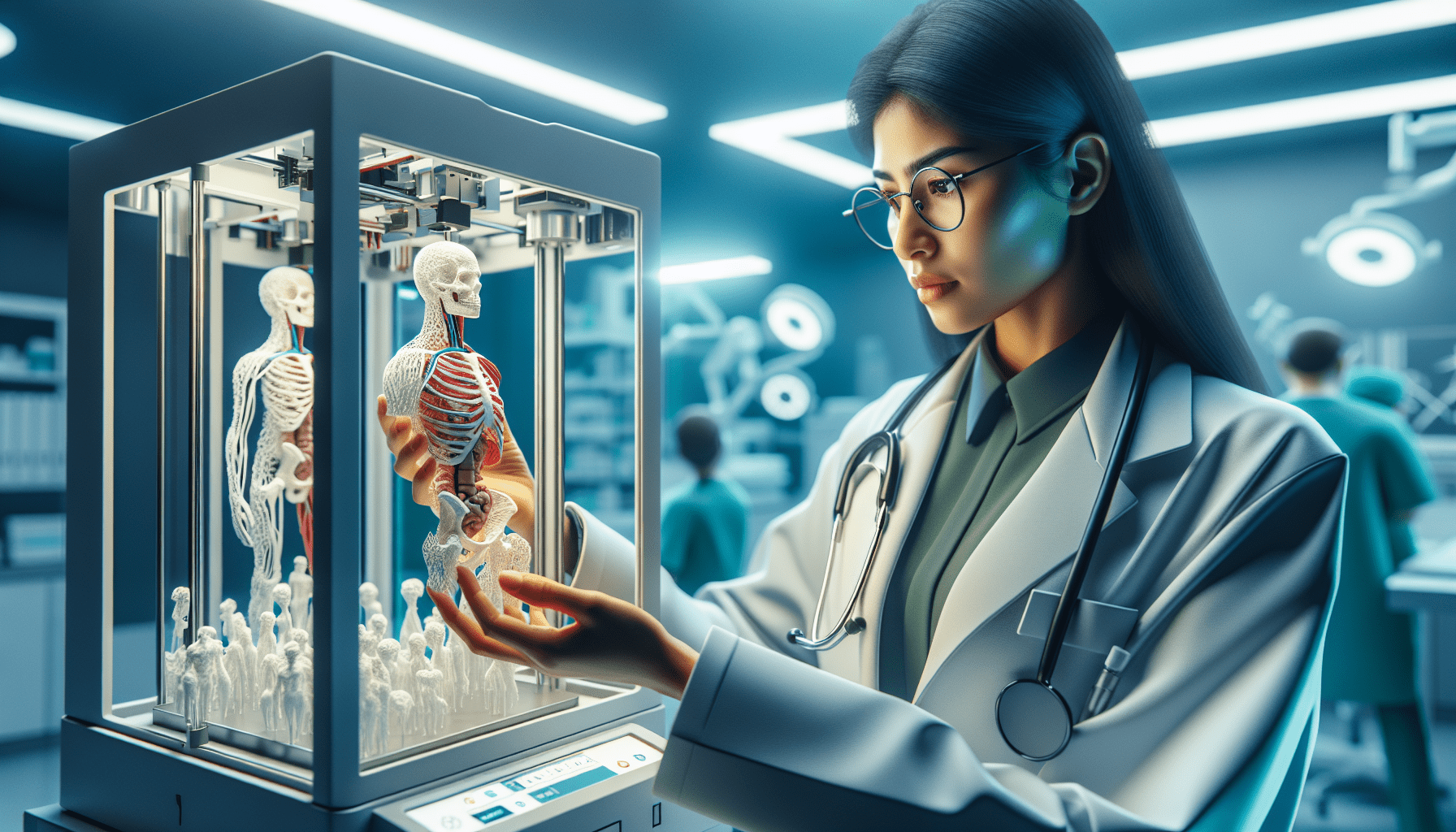
Strategic Partnerships
Ricoh USA’s venture is bolstered by strategic partnerships, most notably with Stratasys, a leader in 3D printing hardware and materials. This collaboration ensures that the Healthcare Innovation Studio is equipped with the best technology and resources available.
Collaboration with Stratasys
Stratasys is a key partner in Ricoh’s initiative. Their expertise in 3D printing hardware and materials enhances the capabilities of the Healthcare Innovation Studio, ensuring that clinicians have access to top-notch technology for developing patient-specific models.
Applications in Medical Specialties
The 3D printed models from the studio are incredibly versatile, useful for various medical specialties such as orthopedic, cardiovascular, and neurological fields. These models play a crucial role in surgical planning and patient education.
Surgical Planning and Patient Education
In surgical planning, precise anatomical models help surgeons to better visualize and prepare for complex procedures. For patient education, these models offer a tangible representation of medical conditions, aiding in the informed consent process and ensuring that patients fully understand their treatment plans.
Here’s a table summarizing some of the specialties and their specific applications:
| Medical Specialty | Application |
|---|---|
| Orthopedic | Surgical planning for bone realignment |
| Cardiovascular | Custom models for cardiovascular surgeries |
| Neurological | Detailed brain models for neurosurgery |
Training and Education Benefits
Apart from their direct applications in surgery and diagnostics, 3D printed models serve as excellent tools for medical training and education. They are used for cadaver-free training, making it easier for medical students and professionals to practice complex procedures without the need for actual human cadavers.
Cadaver-Free Training
Medical trainees can benefit immensely from using 3D printed models for practice. These models offer a realistic and ethical alternative to cadaver training, providing a hands-on learning experience that is invaluable for skill development.
Enhancing Patient Informed Consent Procedures
3D printed models also play a vital role in patient informed consent procedures. These tangible aids help patients better understand their conditions and the proposed treatments, leading to more informed decision-making and increased patient compliance.
Strategic Vision and Nationwide Integration
Ricoh’s ultimate goal is to integrate point-of-care facilities within health systems nationwide. This strategic vision aims to foster multidisciplinary collaboration and streamline healthcare processes across the board.
Bolstering Multidisciplinary Collaboration
Integrating point-of-care 3D printing facilities within health systems nationwide will encourage collaboration across various medical disciplines. This synergy will lead to more comprehensive and effective patient care.
Establishment of Medical 3D Printing Center of Excellence
As part of this strategic vision, Ricoh USA is establishing a Medical 3D Printing Center of Excellence at Wake Forest University. This center will serve as a hub for research, innovation, and education in the field of medical 3D printing.
Community Impact and Expanding Role
The establishment of the Healthcare Innovation Studio and its future expansion reflect the growing role of 3D printing in producing realistic anatomical models for medical training and research. This initiative will have a substantial impact on the community by enhancing the quality of medical education and patient care.
Creation of a Medical 3D Printing Center of Excellence
The Medical 3D Printing Center of Excellence at Wake Forest University will serve as a beacon of innovation. It will provide a collaborative environment for researchers, clinicians, and educators to push the boundaries of what is possible with medical 3D printing.
Reflecting the Growing Role of 3D Printing
The launch of the Healthcare Innovation Studio and its associated facilities highlights the expanding role of 3D printing in healthcare. By producing realistic anatomical models, this technology is revolutionizing medical training, research, and patient care.
Conclusion
Ricoh USA’s launch of the Healthcare Innovation Studio for point-of-care additive manufacturing is a significant milestone in the realm of medical technology. Located at Atrium Health Wake Forest Baptist in North Carolina, this facility offers clinicians direct access to develop FDA-approved, patient-specific anatomical models. The benefits of this technology are manifold, including reduced operating times, cost savings, and enhanced diagnostics and compliance. With plans for nationwide expansion and partnerships with industry leaders like Stratasys, Ricoh is set to transform healthcare practices across the country. Through its commitment to innovation and collaboration, Ricoh’s vision for integrating point-of-care 3D printing within health systems nationwide promises to create a more efficient and patient-centric healthcare landscape.
This initiative not only underscores the growing importance of 3D printing in medicine but also reflects a broader commitment to improving patient outcomes and advancing medical research and education. Whether through the creation of a Medical 3D Printing Center of Excellence or the training of future medical professionals, Ricoh USA’s Healthcare Innovation Studio is poised to make a lasting impact on the healthcare community.
$30 off $400+ Anycubic Products with code AC30OFF






